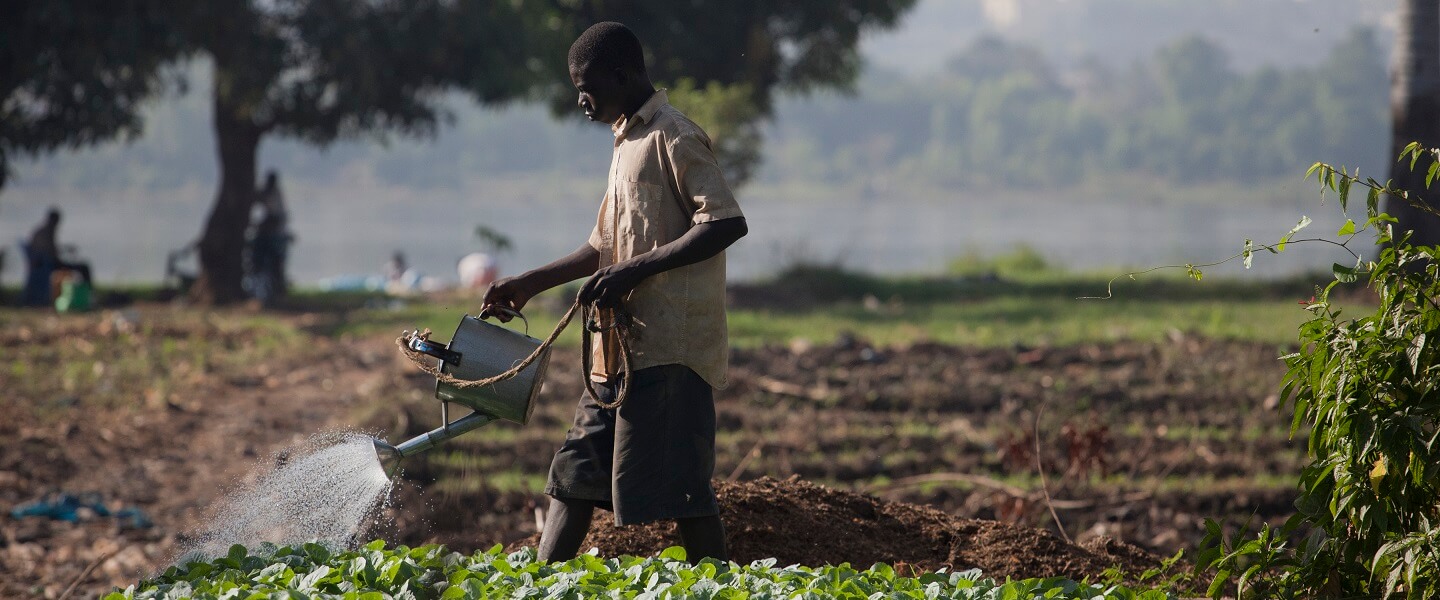
In a strategic move to gather reliable and timely data for planning, developing, and formulating national policies, the Namibia Statistic Agency (NSA) has announced its plans to conduct a comprehensive census on the agriculture sector in rural areas. Collaborating with the United Nations’ Food and Agriculture Organisation (FAO), the NSA aims to collect data on forestry, fisheries, and aquaculture. This ambitious exercise is driven by the pressing need for accurate information to assist in evidence-based decision-making.
To pave the way for this significant endeavor, the NSA has developed the Strategic Plan for Agriculture and Rural Statistics (SPARS) and the Namibia Census of Agriculture Project document. Stakeholders from various sectors gathered recently to craft and refine the guiding principles and tools for these initiatives. Alex Shimuafeni, the Statistician General (SG) of the NSA, expressed the importance of SPARS in meeting the evolving data requirements of policymakers.
Shimuafeni highlighted the relevance of the African development framework, specifically the action plan for the global strategy of Africa, which encourages countries to develop and implement SPARS. The primary objectives of SPARS are to enhance evidence-based decision-making for poverty reduction in rural areas, promote increased food security, and ensure sustainable agriculture and rural development. Thus, Namibia took the initiative to develop SPARS within this context.
In August 2022, the NSA and FAO signed an agreement to develop SPARS and the Namibia Census on Agriculture Project. These two strategies are aimed at revolutionizing data collection methods by introducing efficient and innovative approaches. Shimuafeni acknowledged the existing gaps in agriculture data, with some sectors lacking comprehensive information. Therefore, coordination, capacity building, and avoiding duplication are crucial aspects to streamline data collection efforts.
To facilitate the implementation of SPARS, FAO has already provided assistance by sourcing a project coordinator and three consultants. These experts will contribute to compiling sector plans for crop and livestock, fisheries and aquaculture, and environment and forestry. The collaboration between NSA and FAO emphasizes the importance of aligning efforts and utilizing available resources effectively.
Recognizing the significance of agriculture and rural development in shaping the nation’s future, the NSA underscores the need for reliable and up-to-date statistical data. Outdated information becomes obsolete and fails to support informed decision-making. Agriculture, fisheries, and forestry are vital sectors that serve as the backbone of Namibia’s economy, contributing an average of 8.4% to the Gross Domestic Product over the past five years. Furthermore, 70% of the population depends on these sectors for sustenance.
However, these sectors face challenges such as poverty, climate change, population growth, urban migration, and shifting consumption patterns. Accurate and timely statistics are essential to address these issues effectively and design appropriate policies and interventions. To achieve this, the NSA aims to revolutionize data collection methodologies by harmonizing and strengthening traditional and digital procedures. Additionally, leveraging administrative data, remote sensing, satellite imagery, and geospatial analysis will play pivotal roles in providing comprehensive information.
Deputy Statistician General Ottilie Mwazi emphasized the importance of SPARS aligning with the government’s formulation of the sixth National Development Plan. The availability of the latest data will be instrumental in shaping legislation and tackling current social challenges effectively.
Collaborative efforts from key stakeholders, including the Ministry of Agriculture, Water and Land Reform; Ministry of Environment, Forestry and Tourism; and the Ministry of Fisheries and Marine Resources, are instrumental in formulating SPARS and driving the Census Project forward. Through this comprehensive census, the NSA aims to enhance planning, policy development, and the overall welfare of rural communities in Namibia.


















